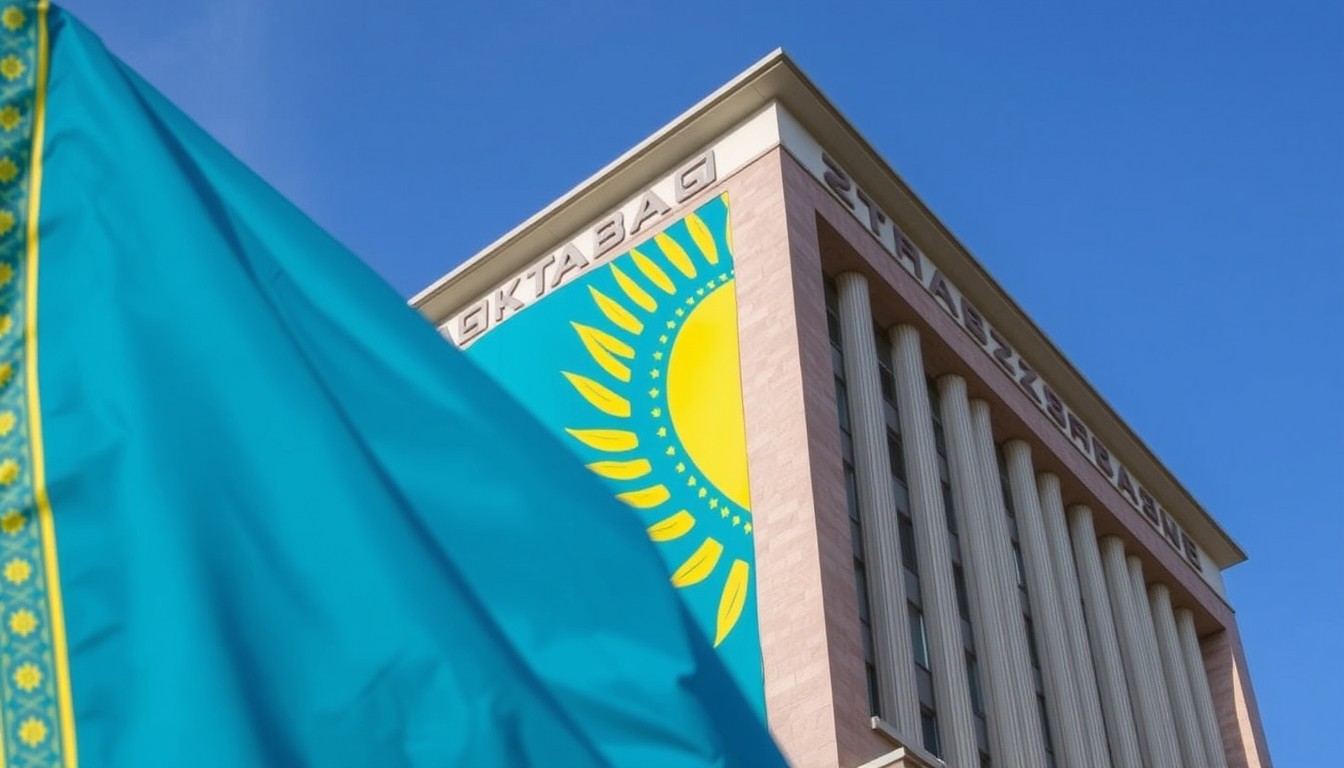Kazakhstan Considers Heftier Taxes on Banks Amid Budget Shortfall

Kazakhstan, facing a significant budget shortfall, is initiating discussions on increasing taxes on financial institutions. This move is aimed at attracting additional revenue for the government and improving the country’s financial position. Finance Minister Rustam Amangeldiev emphasized that in light of current economic realities, it is essential to reassess the tax policy, particularly concerning banks that possess substantial financial resources.
According to him, an additional tax on banks will help stabilize the budget, which has come under pressure this year due to falling revenues from oil and other resources. In Kazakhstan, where the economy heavily relies on hydrocarbon extraction, fluctuations in global oil prices have a considerable impact on state finances. By instituting new tax approaches, the minister expressed hope that such measures would help avoid increasing government borrowing obligations and accumulating new debt.
This initiative is expected to spark discussions and opinions among both legislators and the business community, as banks voice concerns over the potential impact on their financial performance and lending capabilities. Analysts warn that excessively high taxes could diminish the attractiveness of the banking sector to investors and lead to reduced lending opportunities for businesses and consumers.
Nevertheless, the Kazakhstan government aims to improve the country's economic climate and believes that a stable and balanced budget will benefit all segments of the population in the long run. Discussions on new taxes on banks will continue in upcoming parliamentary sessions, where deputies will assess the potential risks and benefits of this initiative.

